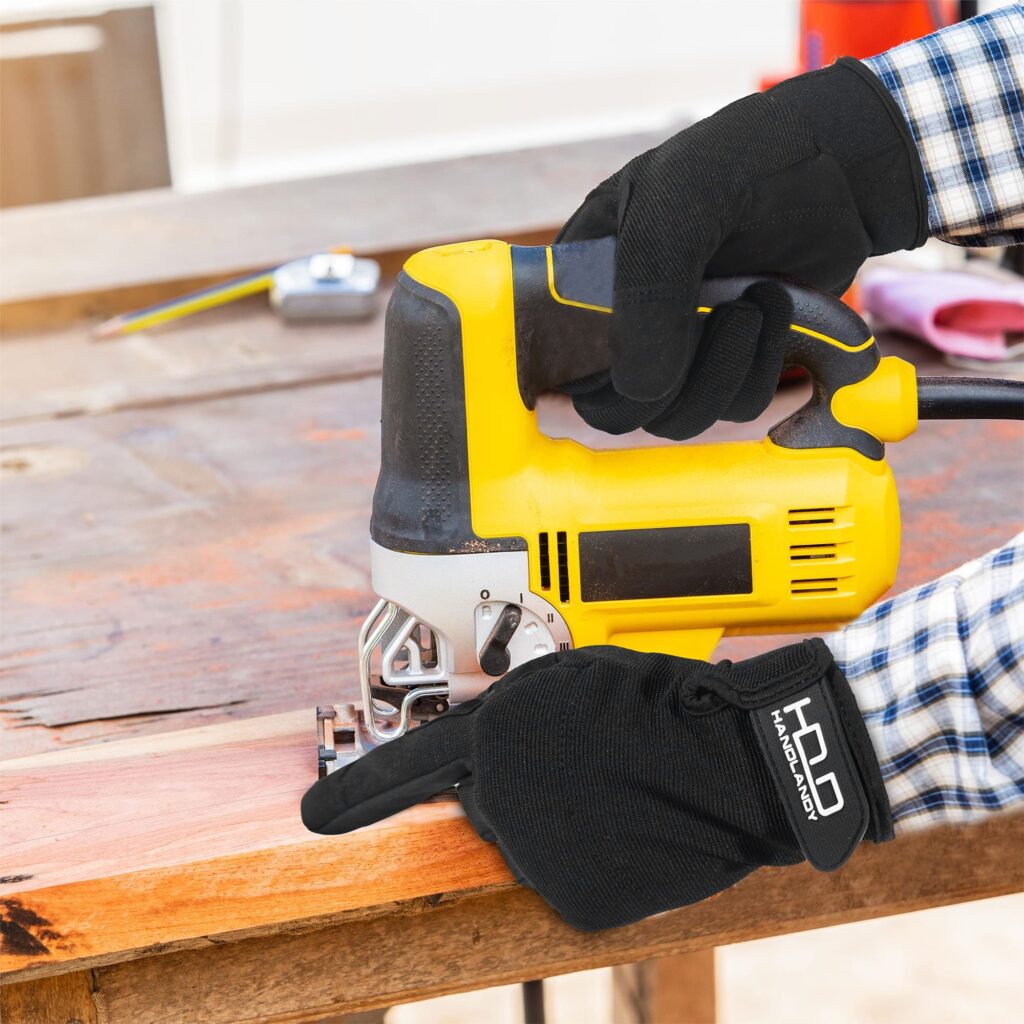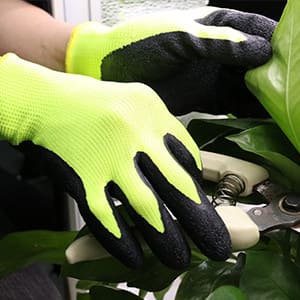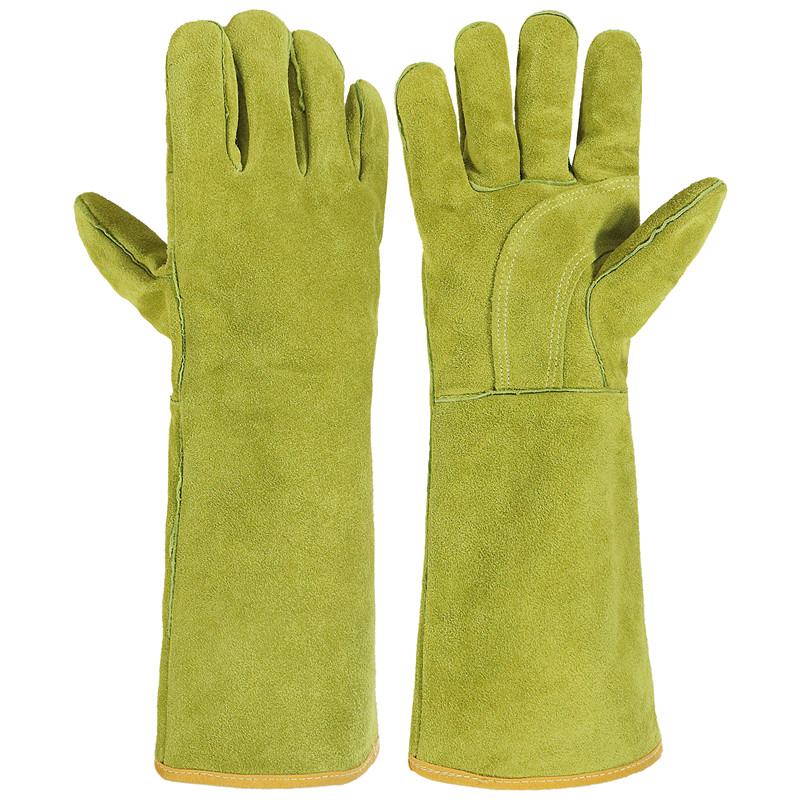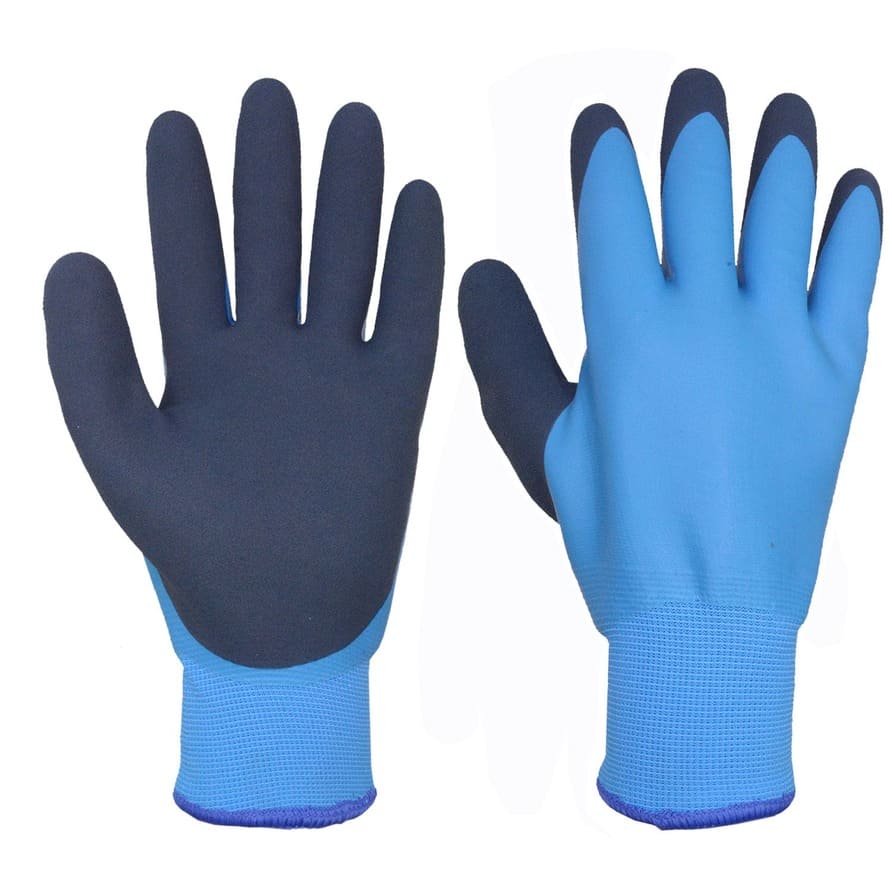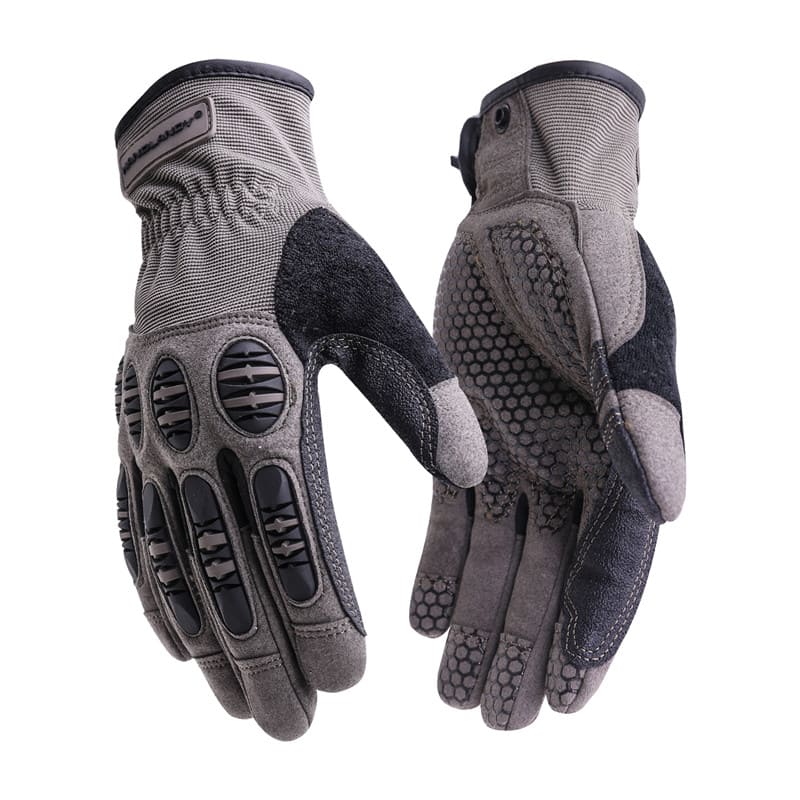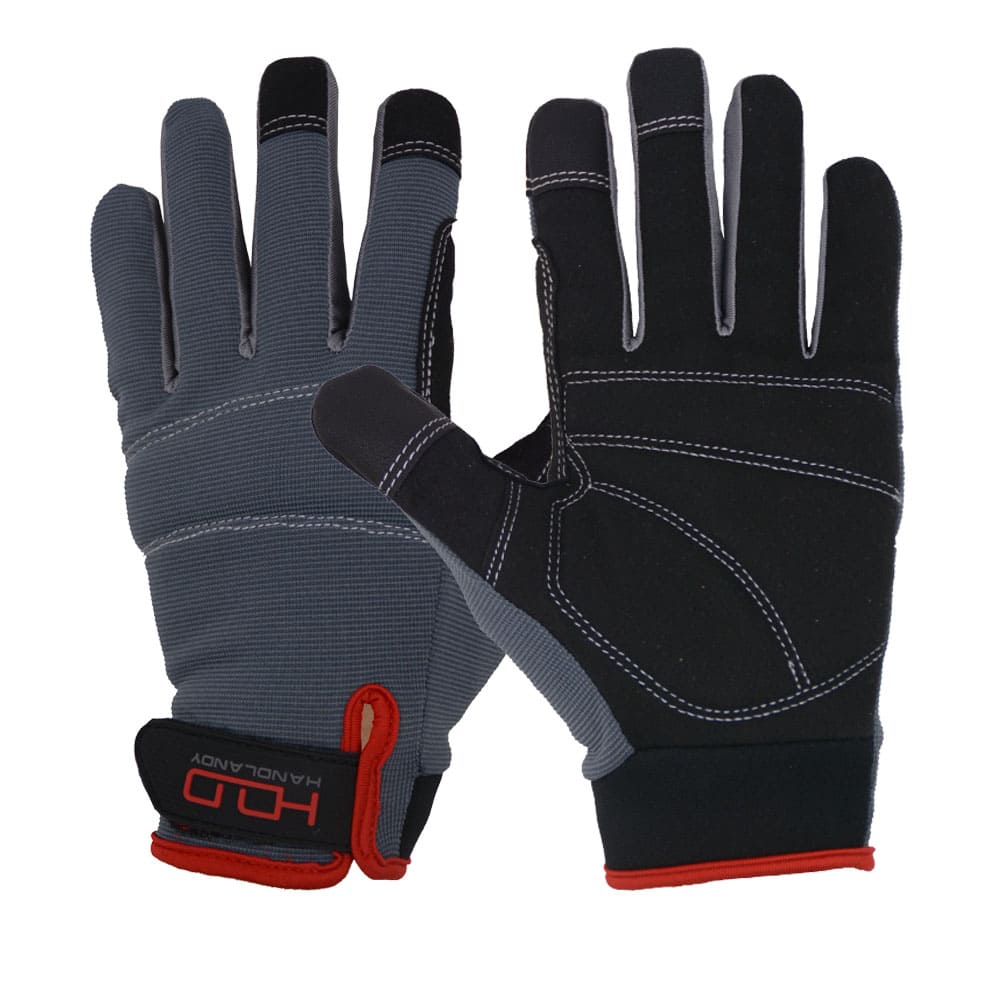Finding a reliable work glove supplier in China is critical for your business. Whether you’re looking for custom designs, bulk orders, or specialized safety gloves, the process of selecting the right partner can make or break your supply chain. This guide walks you through everything you need to know to make the best decision, ensuring high-quality products and a smooth collaboration.
1. Understanding Your Needs
Before searching for suppliers, clarify your exact requirements. Without this clarity, it’s easy to be overwhelmed by options.
Identifying Specific Requirements
Determine the types of gloves your business needs. Are you looking for cut-resistant gloves, chemical-resistant gloves, or thermal gloves? Each glove serves a unique function. You should also consider factors like the working conditions, durability, and flexibility required.
For example, cut-resistant gloves are essential for industries handling sharp objects, while chemical-resistant gloves are designed for environments dealing with harmful chemicals.
Understanding Different Types of Gloves
Not all suppliers specialize in the same gloves. Some focus on safety gloves, others on sports gloves, and some on specific industries like construction or automotive. Identifying your exact product category will help you find a supplier with the right expertise. Being familiar with the distribution of different glove types in the market can also narrow your search.
2. Researching Potential Suppliers
Once you have a clear idea of your needs, the next step is finding potential suppliers. Here’s how to start.
Online Search
Google search is the most efficient way for sourcing Chinese suppliers. They offer extensive catalogs, reviews, and communication tools to contact suppliers directly. Use filters to narrow your search based on the types of gloves, minimum order quantity (MOQ), and certifications.
Trade Shows
Attending industry trade shows is another great way to meet suppliers face-to-face. This lets you see product quality firsthand and engage in discussions about their manufacturing capabilities. Popular trade shows in China include the Canton Fair and A+A Trade Fair.
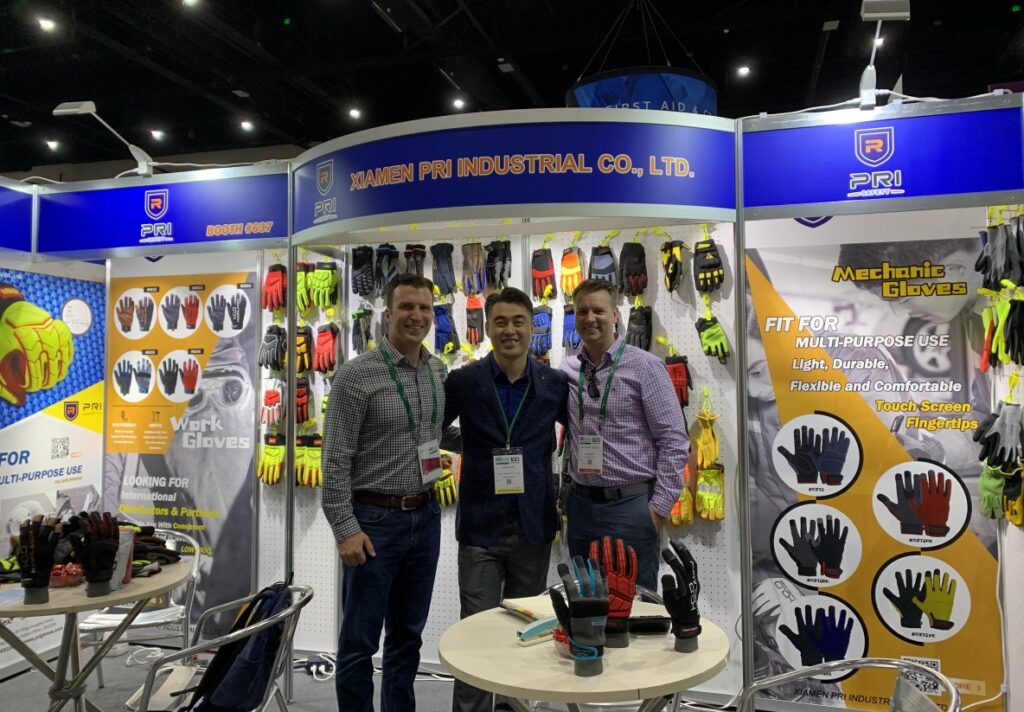
3. Evaluating Supplier Credentials
Now that you’ve identified potential suppliers, the next step is to verify their credibility.
Certifications and Standards
Ensure that the suppliers meet international standards like ISO and CE certifications. These certifications indicate that the manufacturer follows rigorous quality control and safety practices. It’s essential if you’re dealing with work safety gloves, which must comply with specific industry regulations.
Factory Visits
If possible, visit the supplier’s factory. A factory visit allows you to verify the production environment, quality control measures, and workforce skills. This is particularly important for large, custom orders where consistency and scale are key.
Basic Glove Production Process
Understanding the glove production process can also help you assess suppliers. The basic process includes material selection, cutting, sewing, and coating. Each stage needs strict quality control to ensure the final product meets your expectations.
4. Quality Assurance Practices
No matter how attractive a price may seem, poor quality can end up costing you more in the long run. Quality should always be a top priority when choosing a glove supplier.
Key Quality Factors
Ask about the supplier’s quality assurance practices. How do they inspect raw materials? What measures are in place to check gloves during production? A good supplier will have a clear process, which may include in-process checks and final inspections before shipping.
Maintaining Quality During Large Orders
One major challenge is maintaining quality when producing large quantities. Discuss how the supplier plans to keep quality consistent as the order scales up. Ensure that they have the right equipment and skilled workers to meet your needs without sacrificing quality.
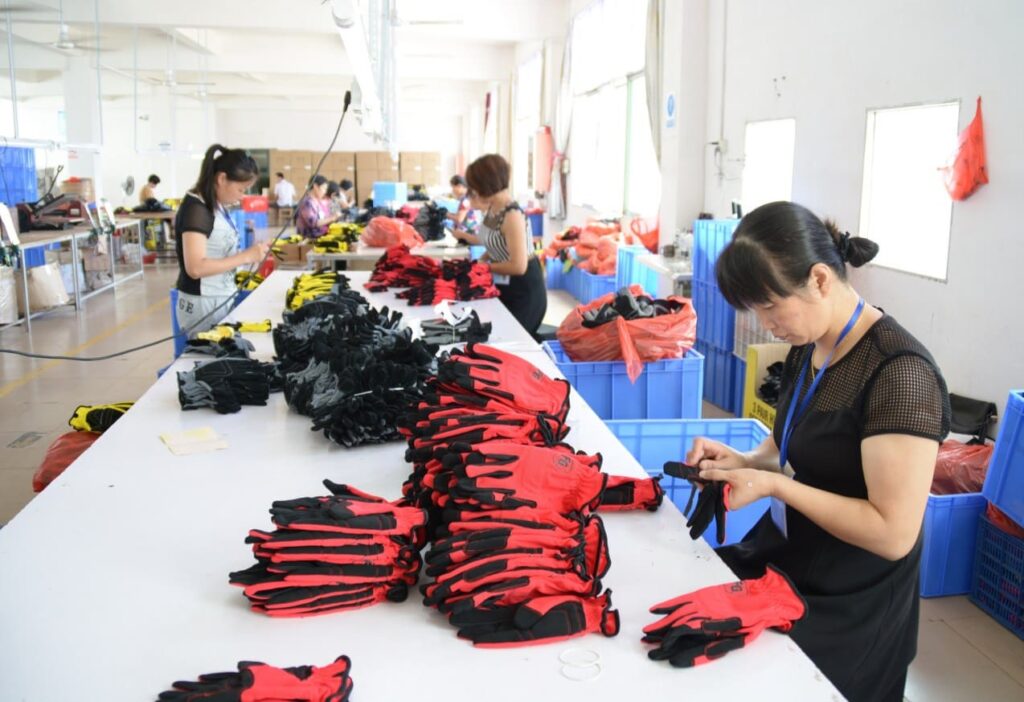
Stringent Testing and Certification
It’s also important to make sure that the supplier conducts rigorous testing of their gloves, especially if you are in industries like oil & gas or construction, where safety standards are strict. Ask for testing reports to confirm the gloves’ quality and durability.
5. Pricing and Payment Terms
Price is always a major factor, but the lowest price isn’t always the best deal. You must balance cost with quality, delivery reliability, and other factors.
Understanding Pricing Structure
Chinese suppliers often calculate prices based on material costs, labor, production time, and shipping fees. Ensure you understand how each of these factors influences the final price. Sometimes a higher price can indicate better materials or more reliable quality control.
Negotiating Prices
Once you have quotes, don’t hesitate to negotiate. Most Chinese suppliers expect negotiations and may offer discounts for bulk orders. Discuss the price per unit, shipping costs, and payment terms to get the best deal without compromising quality.
Payment Methods
Popular payment methods for international buyers include wire transfers, letters of credit, and PayPal. Each method has different risks and fees, so choose the one that offers the best balance of security and cost. For large transactions, using escrow services can provide additional protection.
6. Delivery and Integrity
The supplier’s ability to deliver on time is crucial to maintaining your supply chain and keeping your clients happy.
Punctual Delivery
One of the most common issues when dealing with overseas suppliers is late deliveries. Discuss shipping timelines in detail before placing an order. Make sure the supplier has experience in meeting international shipping deadlines. Consider asking for a penalty clause in the contract for late deliveries.
Integrity and Trustworthiness
Check the supplier’s reputation. Are they known for delivering what they promise? Look at customer reviews and testimonials. A reliable supplier should have a history of transparent communication and a willingness to resolve any issues.
7. Choosing Between a Manufacturer and Trading Company
In China, you’ll find both manufacturers and trading companies offering gloves. Each option has its pros and cons.
Manufacturers
Working directly with a manufacturer usually results in lower prices because you’re cutting out the middleman. Manufacturers also have better control over quality since they handle the production process themselves. However, manufacturers may lack the flexibility and customer service that a trading company can offer.
Trading Companies
Trading companies act as intermediaries between you and various manufacturers. They can offer more product variety and better customer service, but their prices are typically higher since they add a margin to the manufacturer’s price.
Comparing Based on Communication and Quality Control
Whichever option you choose, assess the supplier’s communication skills and quality control processes. Trading companies often excel in communication, while manufacturers may have stricter control over quality. Evaluate which factor is more critical to your business.
8. Problem-Solving Ability
Even with the best planning, issues can arise during production or shipping. How the supplier handles these problems can significantly impact your business.
Ability to Resolve Issues
During initial negotiations, discuss potential challenges and ask the supplier how they would resolve them. Do they have a dedicated team to handle issues? Have they dealt with similar problems in the past? A proactive approach to problem-solving is a good indicator of reliability.
9. Professional Knowledge and Skills
Your supplier should not only produce quality gloves but also understand the specific needs of your industry.
Advanced Protective Technology
Does the supplier keep up with the latest trends in protective technology? For example, cut-resistant gloves may use high-performance materials like Kevlar or Dyneema. A supplier familiar with these advancements will likely offer better products and more innovative solutions.
10. Customer Service as a Differentiating Factor
Many buyers overlook customer service, but it can be a key differentiator when selecting a supplier.
Building a Strong Business Relationship
Strong customer service leads to better communication, faster problem resolution, and a smoother collaboration. Good customer service also shows that the supplier values your business and is willing to go the extra mile to meet your needs. Whether it’s answering questions quickly or resolving issues promptly, excellent service can make a significant difference.
Conclusion
Choosing the right work glove supplier in China is about more than just finding the lowest price. It’s about identifying a partner who can deliver high-quality products on time, communicate effectively, and help your business grow. By following this guide, you’ll be well-equipped to make a smart decision that benefits your business in the long run.

